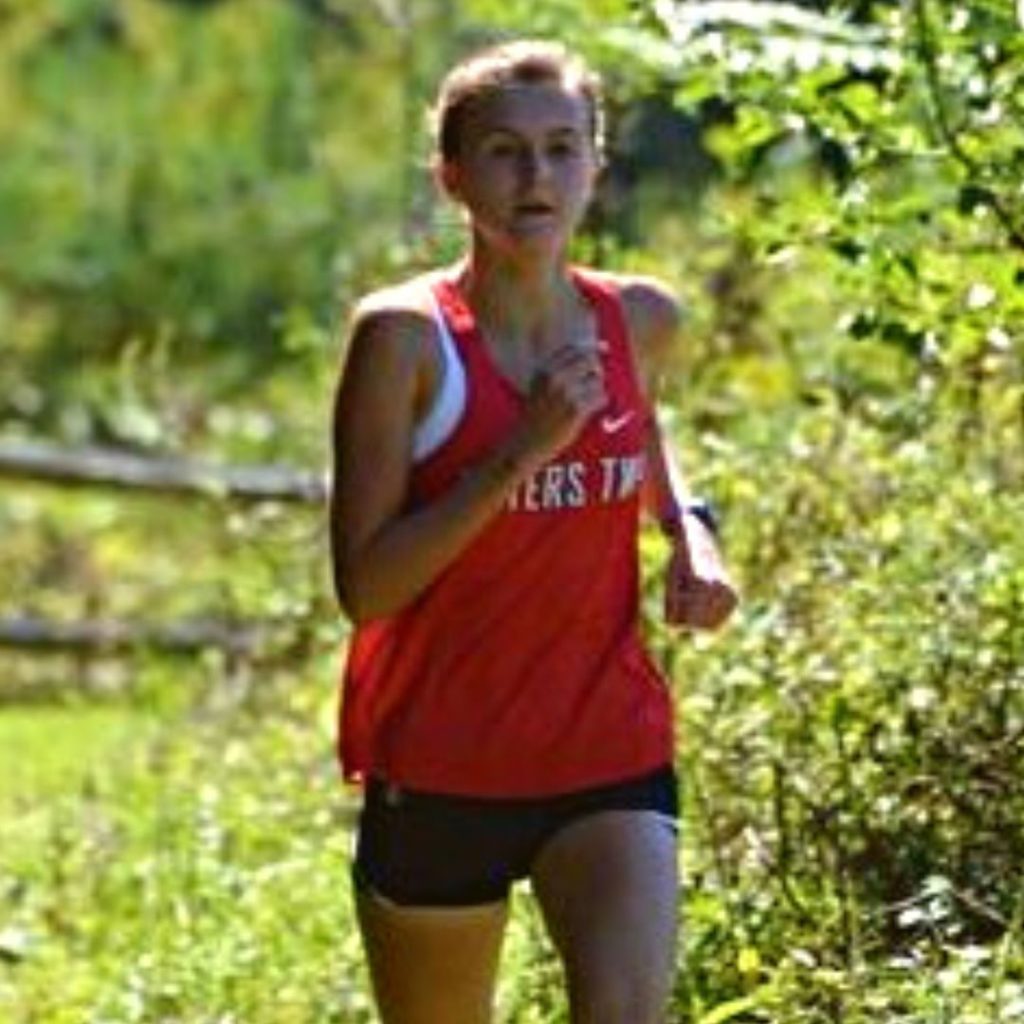Describe your life prior to diagnosis:
I’ve been a runner since I was in fourth grade, but when I was a freshman in high school my cross-country season did not go as planned. I was much slower than in middle school and my fastest 5K time was 26:50. I didn’t understand why I had no stamina, why my body kept giving out and why I kept getting injured. I also had to spend a lot of time studying for school because of brain fog.
I lived with a lot of frustration and stress because I didn’t understand why my body and brain weren’t functioning the way they should.
How did you come to know (or suspect) that you have celiac disease?
At the end of my freshman cross-country season, I got bloodwork done and then an upper endoscopy, which confirmed that I have celiac disease.
How long did it take for you to get diagnosed since your first symptoms and what (if any) challenges did you face along the way?
I got my diagnosis within two months of my initial bloodwork, but it took a while to figure out that I needed the bloodwork since my symptoms weren’t typical.
Do you believe anything could have sped up your diagnosis? If so, please explain:
If I had been aware earlier that my experiences were not normal and were, in fact, the symptoms of celiac disease, I would have gotten the tests done sooner.
Describe your experience living with celiac disease:
As my intestines began to heal, it was a relief to see that my performance as a runner improved dramatically. During my sophomore cross-country season, I improved my 5K time by almost 8 minutes, from 26:50 to 18:55; won every section meet against some incredible girls; and qualified for the state meet after not even being able to run the qualifying meet the previous year.
With the brain fog gone (and therefore having an improved memory), I am able to spend less time studying and more time enjoying life with my family.
However, the experience has not been all positive. It’s stressful eating with the potential for cross-contact, but I am getting better at finding the safest options and restaurants while traveling. The stress of cross-contact will always be present, but it is so much less than the stress I experienced before my diagnosis when I had no idea why my body was functioning so poorly.
Is there anything else you’d like to add to your story?
I wish that I had been told earlier, either by my doctor or my dietician, that some people with celiac disease also react poorly to oats, since I realized recently that oats also cause me stomach pain and brain fog.
Even though I’ve been gluten-free for over a year and a half, I am still trying to find what gluten-free foods work best to fuel me as an athlete.



